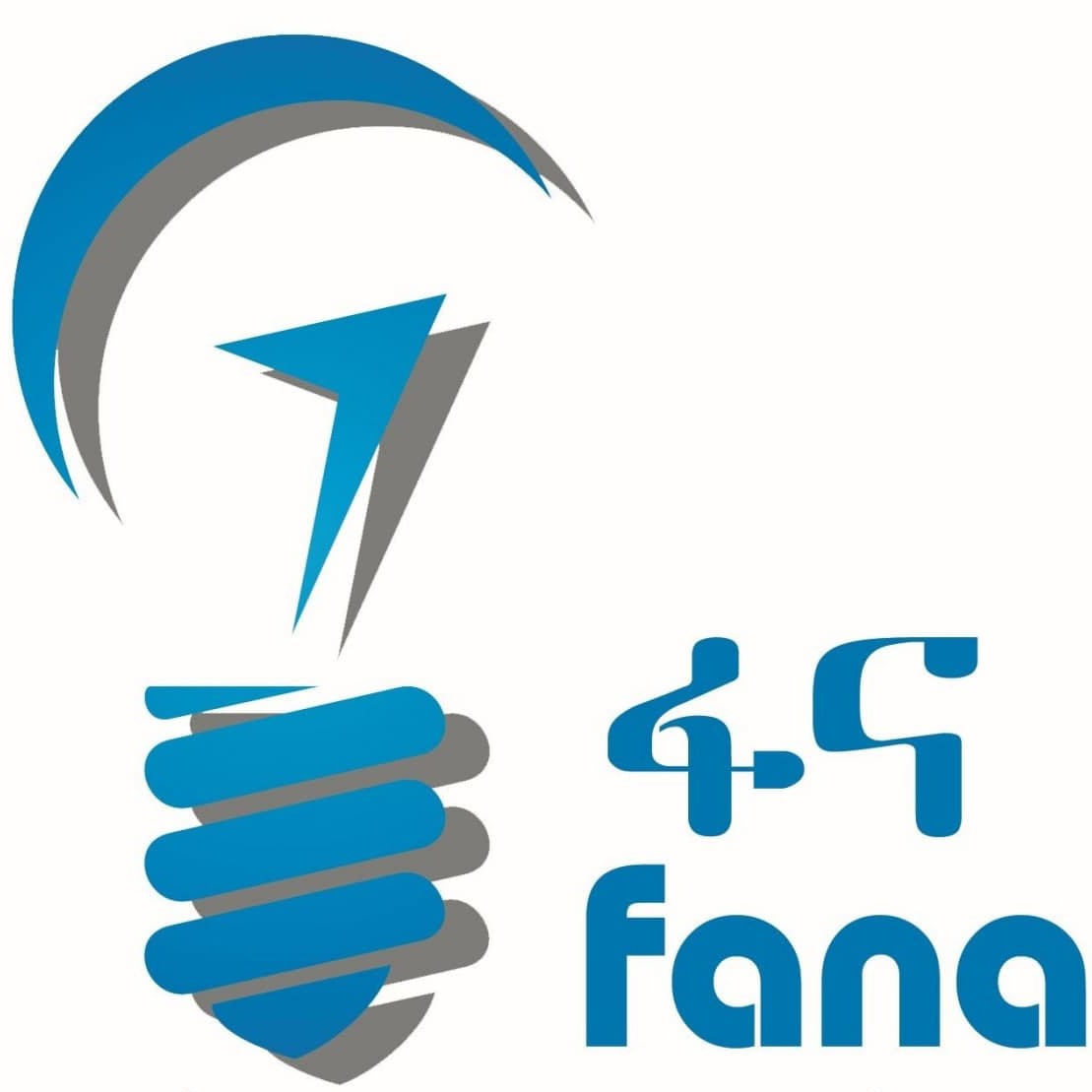Explore how Fana-Ethiopia supports children with dysgraphia through tailored resources and strategies. Dysgraphia affects writing abilities, causing difficulties with handwriting, spelling, and organizing written work. We provide comprehensive evaluations, occupational therapy, specialized writing instruction, and assistive technology to improve writing skills and build confidence. Contact us to learn how our dedicated support can help your child overcome challenges and achieve their full potential.
Dysgraphia Support
“It is more common than you can imagine. You are not alone. And while you will have this the rest of your life, you can dart between the raindrops to get where you want to go, and it will not hold you back.” - Steven Spielberg, award-winning director:
At Fana-Ethiopia, we understand the challenges of dysgraphia and are committed to guiding children toward fluid writing and effective communication. We provide a supportive network that offers resources, strategies, and technology to ease the writing process for those with dysgraphia.
Understanding Dysgraphia
Dysgraphia is a learning disability that affects writing abilities. It can manifest as difficulties with spelling, poor handwriting, and trouble putting thoughts on paper. Children with dysgraphia often struggle with the physical act of writing and organizing their written work. This condition is not related to intelligence but how the brain processes written language.
Causes
The exact causes of dysgraphia are poorly understood, but it is believed to be linked to issues in the brain's neural pathways that manage writing and fine motor skills. Genetic factors may also play a role, as dysgraphia often runs in families. Other contributing factors can include premature birth, low birth weight, and neurological conditions.
Early Signs and Symptoms
Dysgraphia can present in various ways, and its severity can differ among children. Early signs may include:
- Illegible handwriting
- Inconsistent spacing and sizing of letters
- Difficulty gripping a pen or pencil
- Slow writing speed
- Frequent spelling mistakes
- Avoidance of writing tasks
Children with dysgraphia may also exhibit frustration or anxiety related to writing activities, which can impact their overall academic performance and self-esteem.
Tests and Treatment
Diagnosing dysgraphia typically involves a comprehensive evaluation by a specialist, such as an educational psychologist or occupational therapist. This evaluation may include writing skills, fine motor abilities, and cognitive function assessments.
Treatment for dysgraphia often involves a combination of strategies to improve writing skills and accommodate difficulties. These can include:
- Occupational therapy to enhance fine motor skills
- Specialized writing instruction focusing on handwriting techniques
- Use of assistive technology, such as speech-to-text software
- Providing extra time for writing tasks and reducing the amount of required written work
How Fana-Ethiopia Can Help
We are dedicated to transforming students with dysgraphia into confident, effective communicators. Our supportive network offers tailored resources, strategies, and technological tools to help ease the writing process. Through comprehensive support, we aim to empower children with dysgraphia to achieve their full potential. Contact us to learn more about how we can assist your child.
